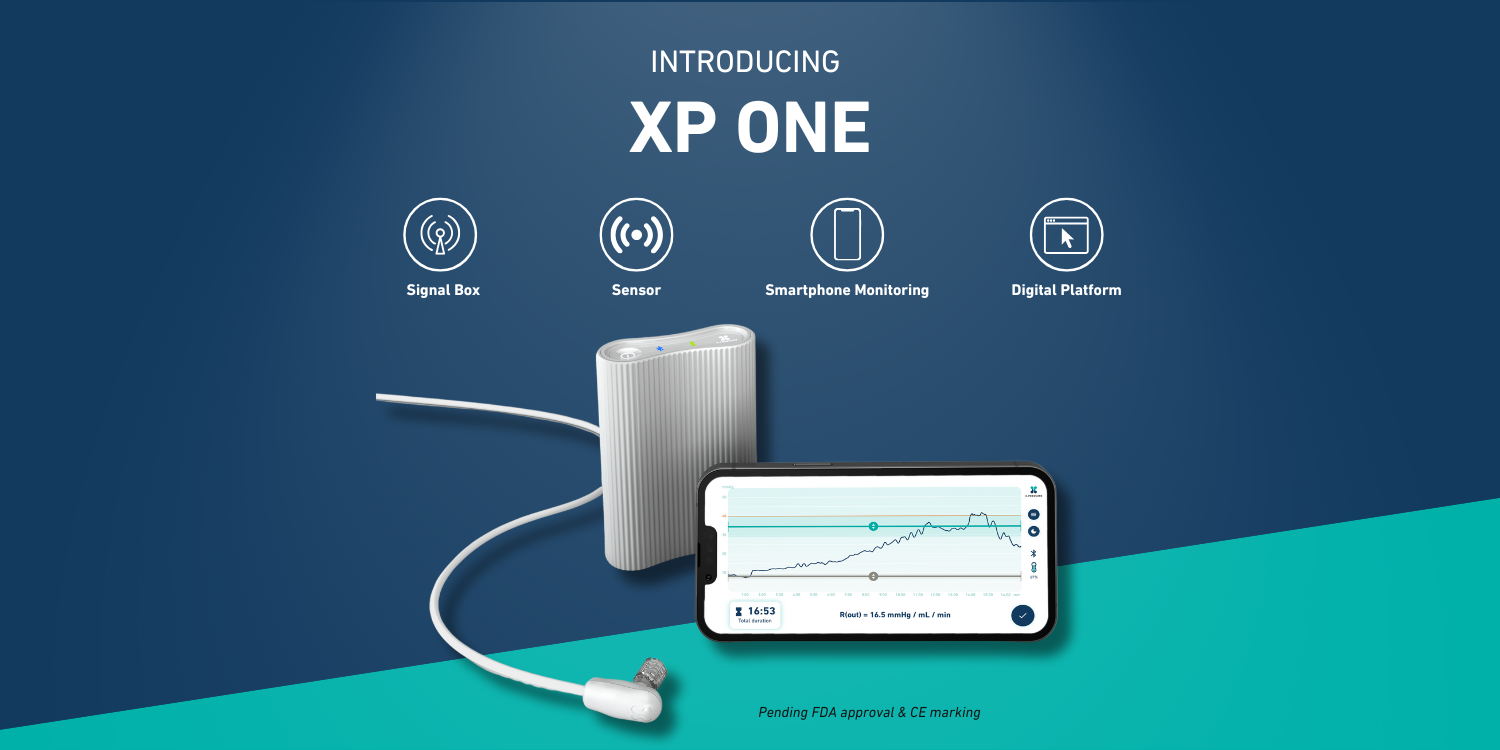When an older adult begins to have memory problems, trouble walking, or frequent confusion, many families fear it is Alzheimer’s disease. But in some cases, the cause is Normal Pressure Hydrocephalus (NPH), a condition that looks similar but is treatable.
Because symptoms overlap, thousands of patients are misdiagnosed every year. At X-PRESSURE, we believe awareness and innovation can help change this story.

Why the Difference Matters
NPH affects about 5% of people over 65 Its main symptoms are difficulty walking, urinary incontinence, and memory loss are often mistaken for Alzheimer’s or Parkinson’s disease. Studies show that up to 80% of NPH cases go undiagnosed or misdiagnosed. This is tragic because, unlike Alzheimer’s, NPH is reversible with the right treatment. Patients can regain independence and restore daily routines if detected early.
Why Diagnosis Is So Difficult
Doctors face challenges in separating NPH from Alzheimer’s:
- Symptoms overlap. Both cause memory and cognitive decline.
- Imaging limitations. MRI or CT scans may show enlarged ventricles, but this alone is not proof of NPH.
- Bias toward Alzheimer’s. Because Alzheimer’s is more common, doctors often assume it first.
One of the most reliable tools today is cerebrospinal fluid (CSF) infusion testing, which checks how the brain manages fluid by measuring:
- CSF outflow resistance (Rout)
- Brain elastance (how the brain adapts to pressure)
- Pulsatility index (pressure variations with each heartbeat)
These measures give doctors a clearer picture of NPH. But CSF infusion testing is often limited to specialized hospitals, leaving many patients without access.
What the PENS Study Shows
Clinical research confirms the importance of diagnosing NPH correctly. The PENS trial, a new multicenter, randomized, placebo-controlled study published in 2023 in the Journal of Neurosurgery, compared patients with idiopathic NPH who received active shunt treatment to those given a placebo “off” shunt.
The Hydrocephalus Association described this as a landmark study, noting it helps resolve decades of debate about whether shunt surgery truly works. For the first time, high-quality evidence confirms that shunting improves mobility, independence, and quality of life in older adults with iNPH, a condition too often mistaken for Alzheimer’s, Parkinson’s, or even “normal aging.”
This evidence underscores a vital truth: when NPH is diagnosed correctly and treated, patients’ lives can change dramatically.
How XP One Will Be A Game Changer
This is where innovation comes in. Our XP One device, currently in development, will make CSF infusion testing easier, faster, and more accurate for doctors everywhere.

- Standardized testing – will provide reliable results across hospitals.
- Real-time monitoring – will deliver instant analysis during a short outpatient test.
- AI-driven support – will assist in interpreting results using anonymized patient data.
- Seamless integration – will fit within existing hospital workflows without disruption.
XP One will enable doctors to distinguish NPH from Alzheimer’s with greater confidence.
This will help reduce misdiagnosis and ensure more patients receive the right treatment sooner. At X-PRESSURE, we are committed to building that future where patients get the right diagnosis, the right treatment, and the chance to live independently again.
– Reviewed by X-PRESSURE
FAQ: Normal Pressure Hydrocephalus vs. Alzheimer’s
1. What is the main difference between NPH and Alzheimer’s?
NPH causes walking problems, bladder issues, and memory decline together, while Alzheimer’s usually begins with memory loss first.
2. Why is NPH often misdiagnosed?
Because its symptoms look like dementia or Parkinson’s, and many hospitals lack advanced diagnostic tools like CSF infusion testing.
3. Can NPH be treated?
Yes. Treatments such as shunt surgery often improve walking, bladder control, and cognition
4. How do doctors confirm NPH?
Through CSF infusion testing, which measures how cerebrospinal fluid flows and drains in the brain.
5. How will XP One help?
XP One will provide real-time, standardized infusion testing results and AI support, giving doctors the clarity they need to separate NPH from Alzheimer’
For Further reading:
